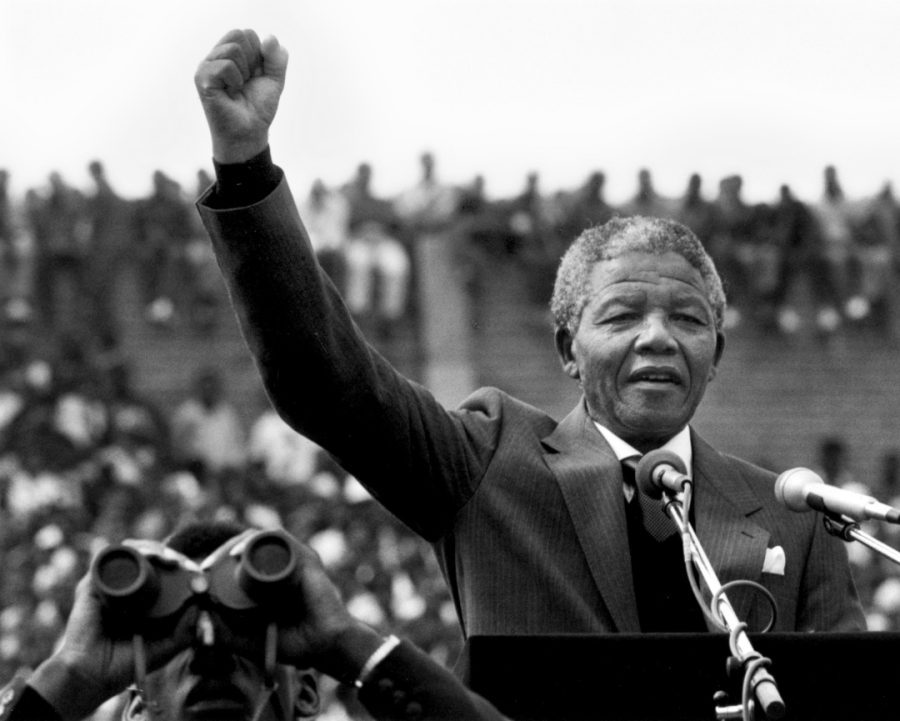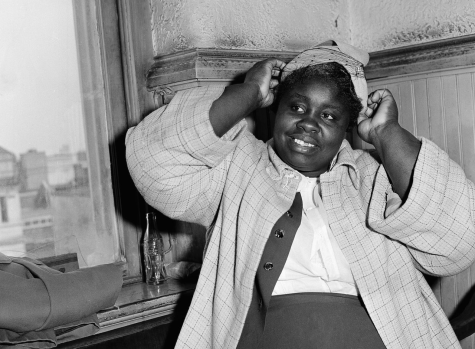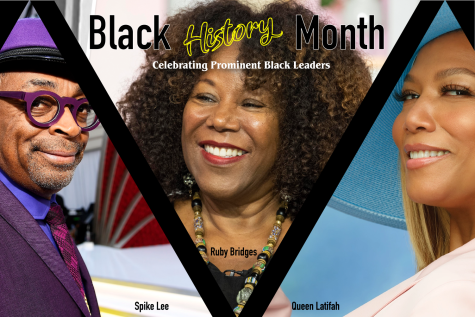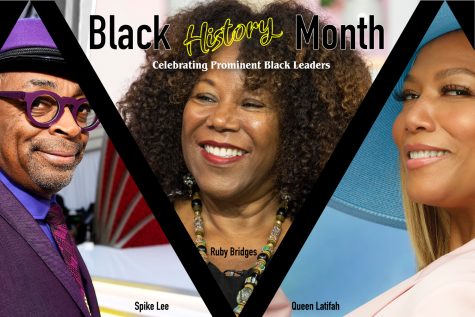Celebrating prominent Black leaders: Nelson Mandela fights back against oppression
Nelson Rolihlahla Mandela, famously known as Nelson Mandela was a South African anti-apartheid revolutionary, political leader and philanthropist. Mandela was born July 18, 1918, in Mvezo, a small village in the Eastern Cape province of South Africa. His was born to Nonqaphi Nosekeni and Nkosi Mphakanyiswa Gadla Mandela. He father was the principal counselor to the Acting King of the Thembu people, Jongintaba Dalindyebo.
Mandela’s political activism began in the 1940s when he joined the African National Congress, a political organization that aimed at ending the system of racial segregation in South Africa. He was actively involved in several anti-apartheid campaigns, including the 1952 Defiance Campaign of and the 1955 Congress of the People.
In 1962, Mandela was arrested and charged with plotting to overthrow the government through violence. He was sentenced to life in prison and spent the next 27 years behind the bars becoming an international symbol of resistance against apartheid. Despite the harsh conditions of his imprisonment, Mandela refused to compromise his principles and continued to advocate for the end of apartheid.
Mandela was later released from prison in 1990 and immediately resumed his political activities. He played a crucial role in negotiations between the ANC and the South African government, which led to the country’s first democratic elections in 1994. In that historic election, Mandela was elected as South Africa’s first Black president, with the ANC winning a majority of the votes.
As president, Mandela worked tirelessly to advance national reconciliation and to address the social and economic inequalities left by apartheid. He established the Truth and Reconciliation Commission to investigate human rights abuses committed during apartheid. He launched numerous initiatives aimed at improving the lives of South Africans, including providing access to housing, education, and health care.
During his presidency, Mandela was widely praised for his leadership, compassion and commitment to justice. In 1993, he was awarded the Nobel Peace Prize, along with former South African President F.W. de Klerk, for their efforts to peacefully end apartheid. After leaving the president’s office in 1999, Mandela continued to work for the causes he believed in, establishing the Nelson Mandela Foundation to address issues of health, education and social justice.
Mandela was known for his humility and grace and remained a revered figure in South Africa and around the world until his death Dec. 5, 2013. Despite the challenges he faced throughout his life, he never lost sight of his vision of a just and equal society. He inspired millions to fight for their justice and freedom.
Mandela’s legacy continues to live on, while still being an iconic figure in South African and world history. He is also a symbol of resistance against oppression and discrimination, demonstrating that one person can make a difference. His tireless efforts to promote peace, justice and equality will be remembered for generations to come.
Edited by: Rakesh Swarnakar, Glorianna Noland and LeSha’ Davis
Your donation will support the student journalists of Washburn University. Your contribution will allow us to purchase equipment and cover our annual website hosting costs.













